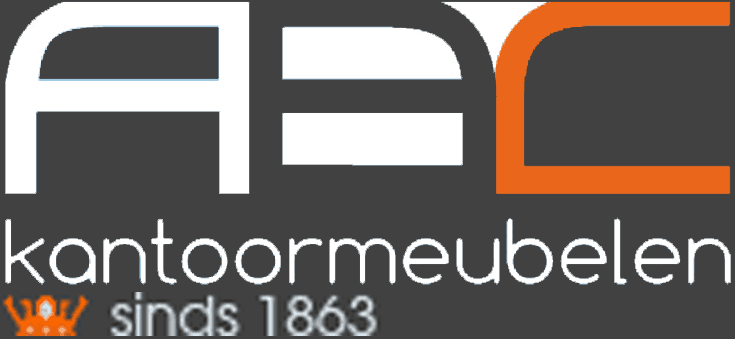Hybrid working, a concept in which employees work both in the office and remotely, has rapidly gained popularity in recent years. This shift is largely due to technological advances, changing corporate cultures and employees' need for flexibility. Let's look at some trends and developments in hybrid working in modern offices:
1. Flexible Workplaces:
Modern offices are adapting to hybrid working by offering flexible workspaces. This includes hot-desking, where employees do not have assigned desks but instead choose a different work station each day based on their needs.
2. Virtual Collaboration Tools:
The demand for effective virtual collaboration tools has increased dramatically. Companies are investing in video conferencing, project management and instant messaging software platforms to facilitate communication and collaboration between remote teams.
3. Improved IT infrastructure:
A reliable and secure IT infrastructure has become essential for hybrid working. Companies are investing in cloud-based solutions, cybersecurity measures and high-speed internet connections to ensure employees can work seamlessly wherever they are.
4. Redesign of Office Spaces:
Modern offices are being redesigned to better suit hybrid working. This includes creating open-plan workspaces, meeting rooms with cutting-edge technology and relaxation areas to provide a balance between work and play.
5. Flexible Working Hours:
Hybrid working has led to a greater emphasis on flexible working hours. Companies encourage employees to adjust their working hours to meet their personal needs and obligations, as long as they complete their tasks and are available to collaborate when needed.
6. Focus on Employee Wellbeing:
Employee well-being is central in modern offices. Employers are offering mental health support, ergonomic workspaces for working from home, and flexible leave arrangements to promote a healthy work-life balance.
7. Hybrid Leadership:
Leadership training is shifting toward promoting hybrid leadership skills. Managers learn how to motivate, engage, and effectively lead remote teams through virtual communication and empowerment.
8. Sustainability and Environmental Awareness:
Sustainability is a growing focus in modern offices. Hybrid working can contribute to reduced CO2 emissions through less commuting. Companies are also implementing green initiatives such as recycling programs and energy-efficient office equipment.
9. Adaptability and Resilience:
The ability to adapt quickly and be resilient is becoming increasingly important in modern offices. Hybrid working brings inevitable changes, and companies are investing in training and programs to strengthen employees' adaptability.
10. Continuous Evaluation and Optimization:
Modern offices continue to continuously evaluate and optimize their hybrid work strategies. By collecting feedback from employees and listening to their needs, companies can continuously improve their work environment and adapt to changing circumstances.
In essence, hybrid working has revolutionized the way modern offices function. It's not just about flexibility and technology, but also about creating a supportive and stimulating work environment that gets the best out of employees, wherever they are. With the right strategies and investments, companies can embrace the benefits of hybrid working and thrive in the modern business landscape.




